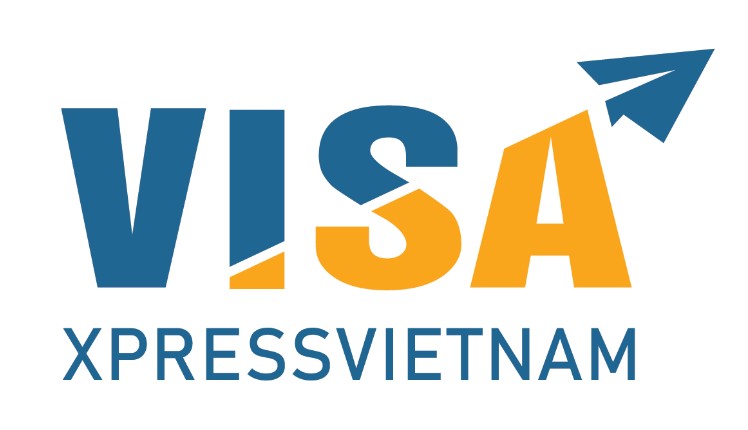What is a Vietnam Visa Overstay?
Overstaying a Vietnam visa is a case where a foreigner stays in Vietnam beyond the period specified on their visa. This predicament typically arises when the visa's validity period expires, and individuals prolong their presence in Vietnam without seeking an extension or renewal. Overstaying is a significant legal concern and can lead to a range of consequences outlined by the Law of Vietnam.
Essentially, overstaying means violating the terms of the visa, which is a legal document granting permission for a specific period. The repercussions of exceeding this timeframe include fines, potential blacklisting by the Vietnam Immigration Department, forced deportation and most significantly, a ban on future entries into Vietnam.
Consequences of Overstaying in Vietnam
- Restrictions and Limitations imposed on Individuals with Overdue Visas:
Besides the obvious penalties mentioned earlier, there can be additional restrictions and limitations imposed on individuals. This may include being banned from re-entering Vietnam for a certain period of time or facing difficulties when applying for future visas.
- Effects on future Visa Applications and Travel Plans:
Having an overdue visa in Vietnam can cast a dark cloud over your future travel plans. It's like having a stain on your passport that refuses to fade away. You may encounter increased scrutiny or scepticism when applying for visas to other countries or find yourself facing extra questions during immigration checks. So, it's not just a matter of dealing with the current situation, it can leave a lasting impact on your travel opportunities.
Vietnam Visa Overstay Fines
Embarking on a journey to Vietnam is a thrilling experience, but it comes with the responsibility of adhering to visa regulations. Overstaying a visa in Vietnam can lead to a variety of consequences, and understanding the fines associated with each duration of overstay is crucial.
The fines for overstaying are categorized by the number of days exceeding the visa validity. Here's a breakdown:
- Less than 16 days: VND 500,000 to VND 2,000,000 (approximately 22 USD to 88 USD).
- 16 days – less than 30 days : VND 3,000,000 to VND 5,000,000 (approximately 133 USD to 221 USD).
- 30 days – less than 60 days: VND 5,000,000 to VND 10,000,000 (approximately 221 USD to 441 USD).
- 60 days – less than 90 days: VND 10,000,000 to VND 15,000,000 (approximately 441 USD to 661 USD).
- At least 90 days: VND 15,000,000 to VND 20,000,000 (approximately 661 USD to 885 USD).
Each category of overstay carries a distinct financial burden, emphasizing the importance of adhering to visa regulations. It is essential for travellers to stay informed and plan their stays responsibly to avoid unnecessary penalties and legal complications.
How to Avoid Overstaying Vietnam Visa for Australians?
- Check Visa Details
Upon arrival in Vietnam, take a moment to meticulously inspect the details on your visa, paying particular attention to the expiry date. Ensuring the accuracy of this information is the first line of defence against inadvertent overstays.
- Set Reminders
In the hustle and bustle of travel, it's easy to lose track of time. Mark the last date of your visa's validity on your calendar or set a helpful alarm. This simple act can serve as a proactive reminder, prompting timely action to avoid any unnecessary complications.
- Consider Extensions
If your plans change, and you find yourself needing more time in Vietnam, explore the option of extending your visa before it expires. This strategic approach allows you to legally prolong your stay without falling into the pitfalls of overstaying.
What to do if your Overstay
- Pay Fines Promptly
In the case of short-term violations, administrative overdue penalties shall be applied with fines corresponding to the duration of the violation. However, if violations persist, foreigners may face deportation and entry ban.
- Visa Extension
For longer overstays, consider extending your visa to legalize your stay and avoid potential repercussions. This proactive step demonstrates a commitment to compliance and may help mitigate the impact of the overstay on your travel record.
- Lost Passport
If you overstay is a result of a lost passport, report the incident immediately to local authorities. Contact your embassy for guidance on obtaining a new travel document. While this process may take time, it provides a legal pathway to resolve the situation and ensures you can depart Vietnam without further complications.















